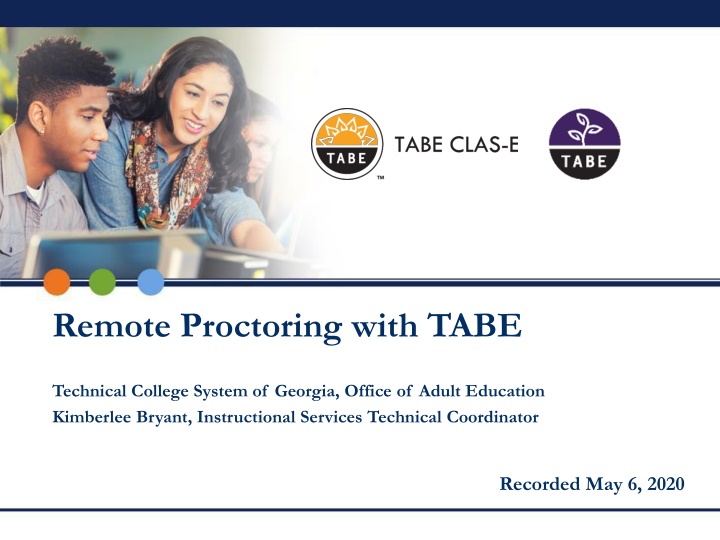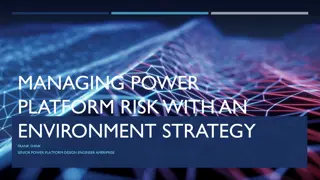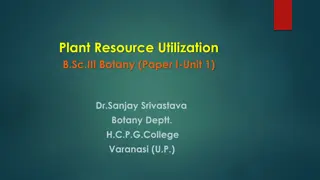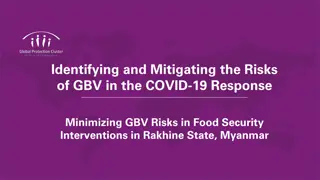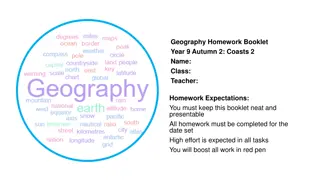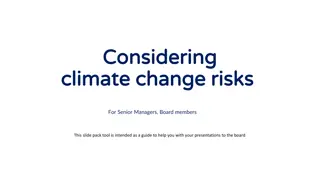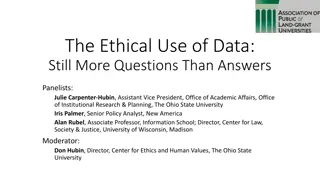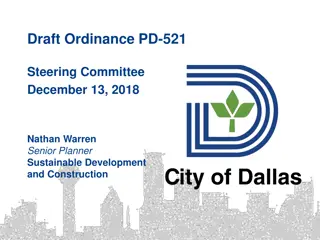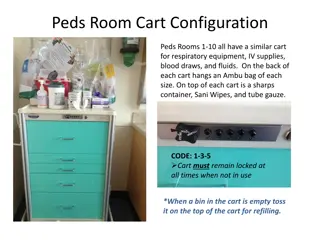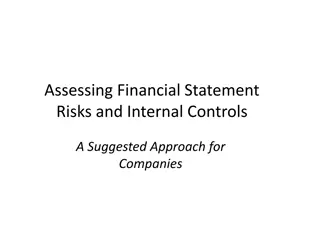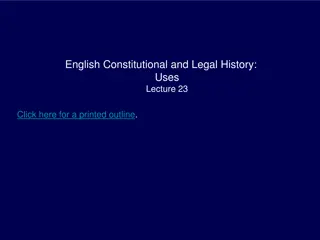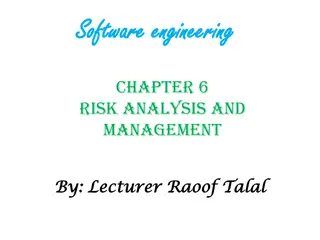IV Cannulas: Types, Uses, and Risks
IV cannulas are essential medical devices for delivering fluids and medications directly into the bloodstream. Learn about their types, uses, how to select veins, and potential risks such as phlebitis, infiltration, and infections.
Download Presentation

Please find below an Image/Link to download the presentation.
The content on the website is provided AS IS for your information and personal use only. It may not be sold, licensed, or shared on other websites without obtaining consent from the author.If you encounter any issues during the download, it is possible that the publisher has removed the file from their server.
You are allowed to download the files provided on this website for personal or commercial use, subject to the condition that they are used lawfully. All files are the property of their respective owners.
The content on the website is provided AS IS for your information and personal use only. It may not be sold, licensed, or shared on other websites without obtaining consent from the author.
E N D
Presentation Transcript
Remote Proctoring with TABE Technical College System of Georgia, Office of Adult Education Kimberlee Bryant, Instructional Services Technical Coordinator Recorded May 6, 2020
Agenda Process for Remote Locator Testing Sample Test Ticket Process for Remote Proctor Testing General Examiner Guidelines Practice Sessions Day of Testing Sessions Student Planning DRC Contact Information and Resources OCTAE and Georgia Requirements Technical Assistance Session 2
Remote Testing Designed for existing TABE Online Users Only Online Assessments are Supported TABE 11&12 Online Locator (proctored or unproctored) TABE 11&12 Online Full Assessment (proctored), levels E, M, D, and A only TABE CLAS-E Online (proctored), all levels Not Supported Paper/pencil testing it creates test security issues TABE 9&10 3
Process for Remote Locator Testing www. tabetest.com 4
Process for Remote Locator Testing UNPROCTORED Georgia has approved the unproctored administration of TABE 11/12 Locator. Create a Test Session for the TABE 11&12 Locator Test. Assign students into this new Test Session (50 students max per session). Send students the TABE document, Student Instructions for Locator Testing. Review key parts with the students to ensure testing integrity. Students can use a Chromebook, laptop, PC computer or MacBook, but they must use Google Chrome to access the test. Cell phones do not work. New students are encouraged to complete the TABE Online Tools Training (tutorial) prior to testing. This will ensure that their device can run TABE. 5
Process for Remote Locator Testing UNPROCTORED Send/email students TABE testing information including the URL (weblink), User Name and Password. (This can only be used once.) Students complete the Locator on their own time. Giving them an agreed upon deadline may help them make it a priority. Have students confirm that they have completed the Locator Test. Test Administrator can run a TABE Locator Report from the TABE Portal once the student completes the test. 6
Sample Test Ticket (Locator) PART8325 Open the following website in Google Chrome, click on the Sign In button and enter the above Username and Password to start your test. https://wbte.drcedirect.com/TABE/portals/tabe 7
Process for Remote Proctor Testing www. tabetest.com 8
Process for Remote Proctor Testing General Examiner Guidelines Georgia has approved Remote Proctoring for TABE 11/12 Locator, TABE 11/12 full assessment, and TABE CLAS-E. Examiner needs to be familiar and trained in using TABE Online and the DRC Insight portal. Examiner must use Cisco Webex, and be trained on how to use it, including how to record a session. Must have computer audio and webcam capabilities (examiner and student). Students cannot use cellphones for audio or video. Remote Proctoring is limited to one student at a time in one closed Webex session. 10
Process for Remote Proctor Testing Remote Proctoring Steps for Examiners Practice Session Create a Webex session to practice/confirm connectivity with students. Send out a notice (email) inviting them to a practice session. Confirm the student s identity. (Can be just name and picture) Once a student is connected and the ID is confirmed, you can review Webex with them (mute, chat, audio, video, etc.). All audio should be through the computer with a headset or microphone and speakers (no cell phone calling is allowed). Students should practice communicating with the examiner computer audio and chat. Webcams need to be movable to review that the testing area is free of non- allowed items. 11
Process for Remote Proctor Testing Remote Proctoring Steps for Examiners Practice Session Send the student the link to the TABE Online Tools Training (OTT) https://tabetest.com/resources-2/testing-information/online-tools-training/ If the OTT opens and allows the student to take the tutorial, their computer has passed all system requirement checks. (Chrome Browser, minimum display, CPU speed etc.) https://cdn-download- prod.drcedirect.com/all/download/resources/requirements/tabe/drc-insight- system-requirements.htm#_Toc21440337 12
Process for Remote Proctor Testing Remote Proctoring Steps for Examiners Day of Testing Session Create a Test Session(s) in TABE Online for the test(s) needed. Register students into each applicable test session. Create a Webex session and invite the student by sending out a notice (email) to the student. Once the student is connected and ID is confirmed, lock the Webex session. You can review the Webex platform with the student again, if needed. All audio should be through the computer with a headset or microphone and speakers. No cell phone calling is allowed. Webcams need to be movable to review that the testing area is free of non- allowed items. 15
Process for Remote Proctor Testing Remote Proctoring Steps for Examiners Day of Testing Session Once a student s testing area is verified, the individual Test Ticket information and testing URL (weblink) can be sent to the student via Chat. Do not email User Name, Password and URL to the student. Email and other applications should remain closed during the test. Students should share their screen and be visible to the proctor at all times. Proctors should be able to see the student s full screen and the video/audio feed at the same time. Record the testing session and keep the recording as storage permits. Proctors are required to have the Insight testing window open during proctoring (downsized) in case they need to log in as the student to stop the test. 16
Sample Test Ticket PART8325 Open the following website in Google Chrome, click on the Sign In button and enter the above Username and Password to start your test. https://wbte.drcedirect.com/TABE/portals/tabe 17
Considerations TABE is always a proctored test. Do not assign more tests than a student will be able to complete in one sitting. You can make a session and assign the autolocator and the corresponding subject test. The only accommodation available for remote proctoring is extra time. Use your normal approval process for this accommodation. Students can use scratch paper as long as they show it to you before and after testing. You do not have to collect it. Students can also use the sticky note feature as scratch paper. Once all testing is complete, the Program should set up individual calls with students to review their TABE Profile Report. Remote Proctoring is approved by DRC only until your program is able to resume normal operations. It is not intended for classrooms or labs. 19
Guidance for Disruptions If you see a student looking around, bring it to their attention before you end the session. You can ask them to select ctrl, alt, delete and show you the Task Manager to see if any other programs are open. Students cannot take breaks during a session another reason to keep sessions short. If the Internet goes down, progress will be saved by the system. Students can log back in and pick up where they left off. If there is going to be an extended delay in testing, lock the test ticket. 20
For More Information Mike Johnson National Adult Education Director mjohnson@datarecognitioncorp.com Marcus Ripp Product Director, Adult Assessments mripp@datarecognitioncorp.com www.TABETest.com TABE Online Support 866-282-2250 21
OCTAE Memorandum The U.S. Department of Education, Office of Career, Technical, and Adult Education (OCTAE) has provided guidance for virtual testing to State Directors of Adult Education. States may choose to develop procedures to implement virtual test proctoring. States that choose to use this flexibility must have procedures to ensure that (1) the student who is testing can be properly identified, (2) any NRS-approved test that is used is properly secured, and (3) the virtual proctor can properly administer the test. 22
How TABE meets OCTAE Requirements OCTAE Requirement Recommendations Proper Student Identification Virtual administration of TABE must be conducted using Cisco Webex, which allows the test administrator to see and identify the student. The test administrator inspects the student s testing area via Webex. Ensure that links to Webex sessions are sent privately to students and not posted or shared with others. Lock the Webex session, once the student logs in. Record test sessions and keep the recordings as long as storage permits. Test Security Only trained test administrators may administer the test remotely. Before administering the test to students, program staff should try out the technology and procedures to ensure testing works as expected. Proctors should run practice sessions to ensure that everything is working properly and the student knows what to expect the day of testing. Proper Test Administration 23
Georgia Assessment Policy Addendum TABE Remote Testing has been approved for use as long as Programs meet the requirements below: Complete Remote Testing training before administering any assessments. Ensure that Cisco Webex is available to all test administrators and provide each with training on the basics of using Webex. Conduct all testing sessions via Webex. NOTE: Programs are limited to proctoring one assessment (student) at a time. Use only experience test administrators who completed TABE training before remote testing was implemented. Verify the identity of the student via Webex before testing. Adhere to all instructions and guidance for remote testing provided by DRC. 24
Questions? Comments? Attend a Technical Assistance Session Contact me at kbryant@tcsg.edu
OAE Contact Information Office of Adult Education Instructional Services Director Bobby Creech bcreech@tcsg.edu 404-679-1641 North Georgia Metro Atlanta/North Georgia Grant Program Support Coordinator Charita Boles cboles@tcsg.edu 404-679-1628 Grant Program Support Coordinator April Barkley abarkley@tcsg.edu 404-679-1358 Central/Southeast Georgia Grant Program Support Coordinator Felicia Phelps fphelps@tcsg.edu 404-679-5829 Metro Atlanta/West Georgia Grant Program Support Coordinator Leatricia Williams lwilliams@tcsg.edu 404-679-5234 Instructional Services Administrative Assistant Jamie Albee jalbee@tcsg.edu 404-679-1648 Instructional Services Technical Coordinator Kimberlee Bryant kbryant@tcsg.edu 404-248-1060 26
